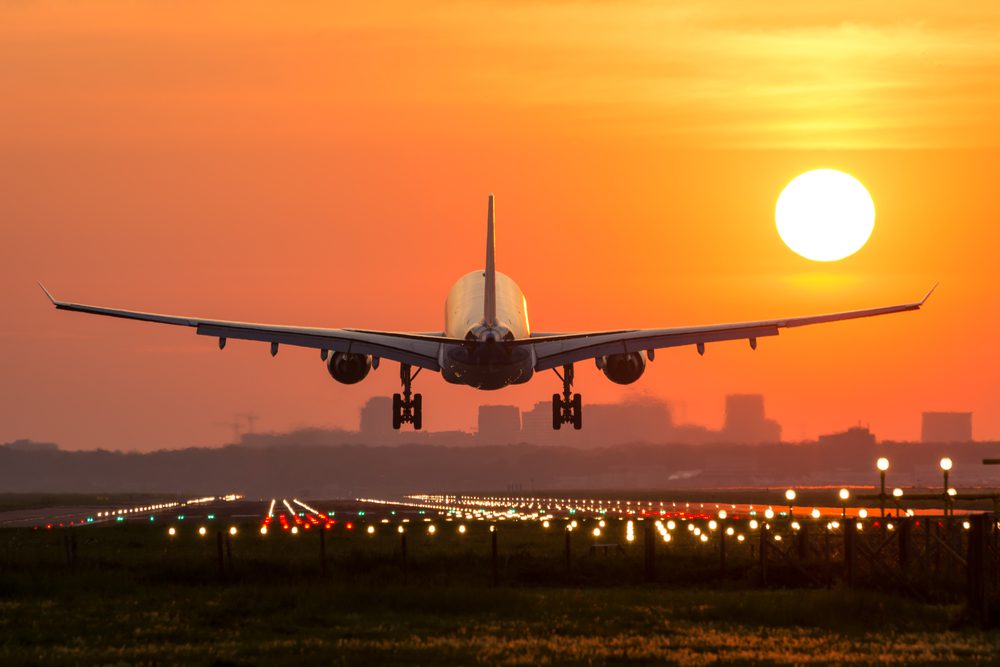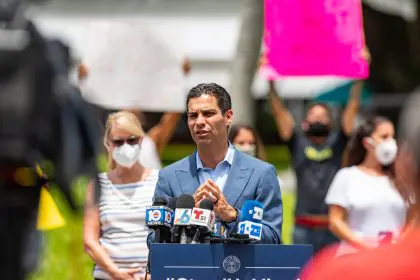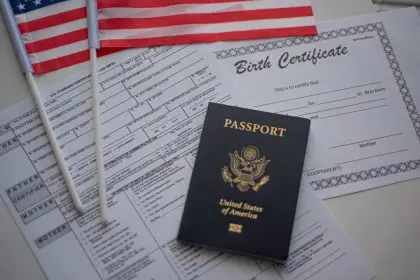In a recent Senate hearing, airline executives faced intense scrutiny from lawmakers regarding the rising fees associated with airline services, particularly those for checked bags and seat selections. Senators Richard Blumenthal (D-Conn.) and Josh Hawley (R-Mo.) expressed their frustration over what they labeled as “junk fees” — charges that were once included in the ticket price but have now become additional costs for travelers.
The growing burden of airline fees
During the hearing, United Airlines’ chief commercial officer, Andrew Nocella, defended the airline’s pricing strategy, suggesting that customers who prioritize affordability can choose lower-fare options and avoid paying for additional services. However, this rationale did little to alleviate the concerns raised by the senators, who highlighted the significant financial burden these fees impose on travelers.
Recent statistics revealed that U.S. airlines generated over $7 billion from checked bag fees alone in the last year, with American Airlines and United Airlines at the forefront. Additionally, airlines collected around $1 billion from ticket change and cancellation fees, although this figure has decreased since the pandemic prompted many carriers to eliminate change fees.
Shocking revelations from the hearing
The hearing unveiled staggering figures regarding the revenue generated from seat fees. Between 2018 and 2023, major airlines, including United, American, Delta, Frontier and Spirit, collectively earned more than $12 billion from these charges, which cover everything from extra legroom to preferred seating.
One of the most shocking moments came when Senator Hawley confronted executives from Frontier and Spirit Airlines about their employee incentive programs. He revealed that these airlines paid their employees $26 million in bonuses for catching passengers with oversized carry-on bags. This revelation quickly went viral on social media, particularly on platforms like TikTok, where users expressed outrage over the airlines’ practices.
Hawley’s comments resonated with many, as he articulated the frustrations of countless travelers during the hearing: “If people want to know why it’s such a terrible experience to fly, this is news for them today. Your airlines are paying millions of dollars to your employees to harass people who’ve already paid!” This exchange highlighted the disconnect between airline executives and the experiences of their customers.
Public outrage and the future of airline fees
The hearing’s discussions have sparked widespread public outrage, with many travelers expressing their dissatisfaction with the current state of airline services. Another viral moment from the hearing featured an airline executive struggling to explain the algorithms used to set fees, further fueling the public’s frustration.
As the hearing concluded, it became evident that the issue of airline fees is far from resolved. The Biden administration has expressed a commitment to addressing what it views as excessive airline fees. A new Transportation Department rule, effective October, mandates that airlines provide automatic cash refunds for canceled tickets and fees.
However, the airline industry is pushing back against these regulations. Currently, airlines are suing to block another proposed rule that would require them to disclose baggage and cancellation fees more prominently. The outcome of this legal battle, along with potential new legislation stemming from the hearing, could significantly alter the landscape of airline pricing in the years to come.
A call for change
The recent Senate hearing has shed light on the troubling practices of airlines regarding hidden fees and customer service. As travelers continue to voice their frustrations, it is crucial for lawmakers to take action to ensure transparency and fairness in airline pricing. The future of air travel may depend on how effectively these issues are addressed in the coming months.
















